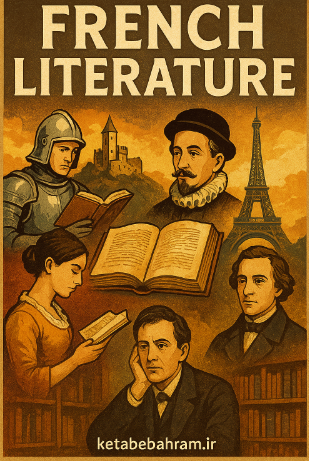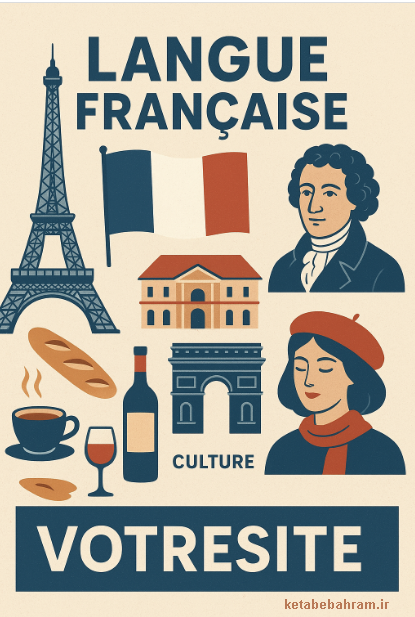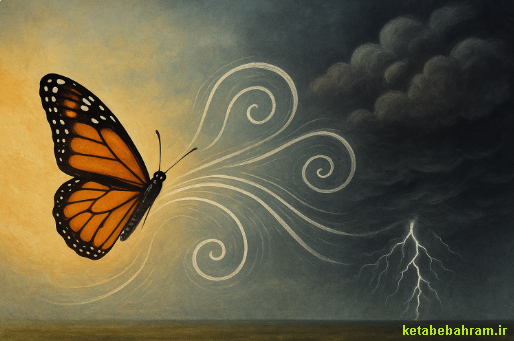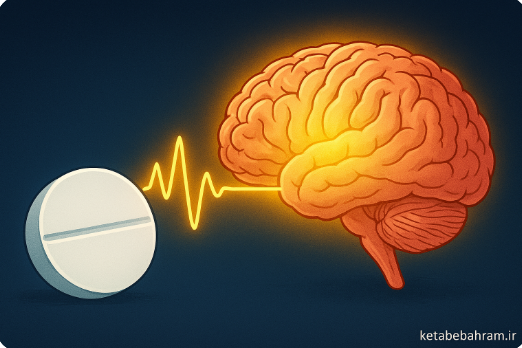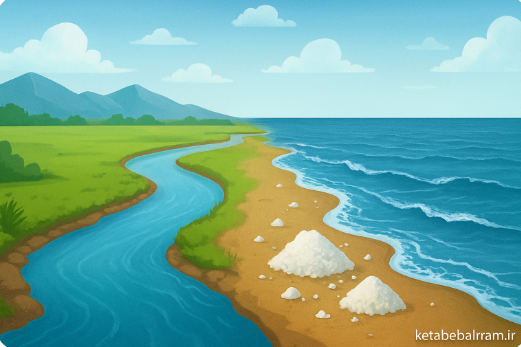حافظهی آب: افسانه یا واقعیت علمی؟
آیا تا به حال به این فکر کردهاید که آب — همین مایعی که هر روز مینوشیم و در آن حمام میکنیم — شاید چیزی بیش از یک ترکیب شیمیایی ساده باشد؟ تصور کنید قطرهای از آب بتواند تاریخچهی آنچه در تماس با آن بوده را «به یاد بسپارد»؛ گویی آب حافظهای دارد. این ایده هم شگفتانگیز است، هم ترسناک. و جالبتر اینکه روزی در معتبرترین مجلهی علمی جهان منتشر شد و جنجالی جهانی به پا کرد.
بیایید با هم این داستان را مرور کنیم؛ از آزمایشهای بحثبرانگیز دههی ۱۹۸۰ تا دیدگاههای علمی امروز.
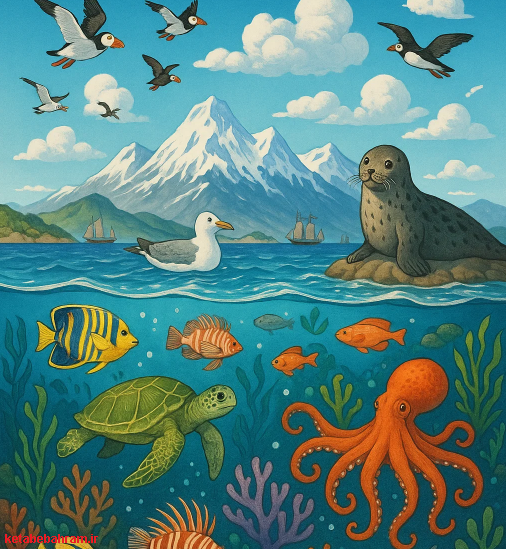
تولد یک ایدهی جنجالی
سال ۱۹۸۸، ژاک بنوِنیست (Jacques Benveniste)، ایمونولوژیست فرانسوی، مقالهای در مجلهی علمی Nature منتشر کرد که ادعای او حیرتآور بود: آب میتواند اثر مواد حلشده در خود را حتی پس از رقیقسازیهای بسیار زیاد — آنقدر که هیچ مولکولی از مادهی اولیه باقی نمیماند — حفظ کند. به زبان سادهتر: آب حافظه دارد.

